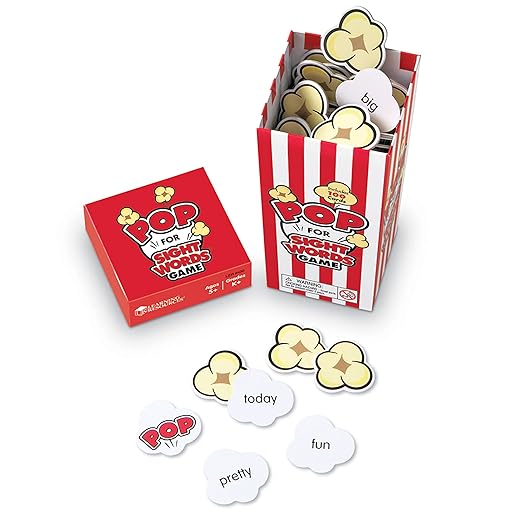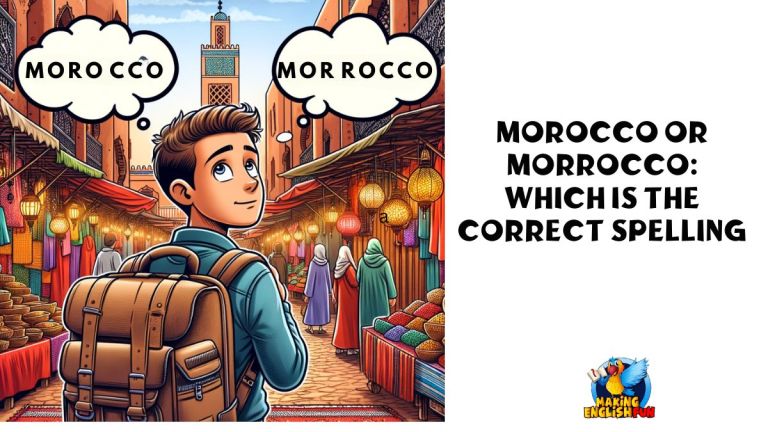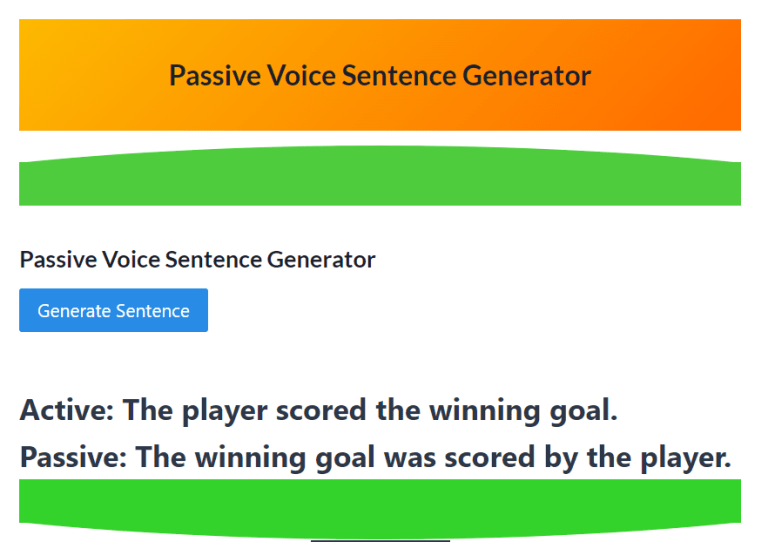What Are Tricky Words For Kindergarten Children
It seems that some words are trickier than others. When it comes to kids, especially those in kindergarten, they can be unpredictable, and learning new words is one of them. Which words are tricky for kindergarten kids?
Tricky words are words that we cannot sound out with phonics. These tricky words for kindergarten include:
- The first level of tricky words: I, the, he, she, me, we, be, was, to, do, of
- The second level of tricky words: You, your, come, some, said, are, all, here, there, they
Tricky words are named this way because it is difficult for kids to grasp their concepts. Spelling these words are a challenge, and you would need to have a unique way to teach them to your kindergarten kids.

Why Are Certain Words Tricky For Young Readers?
Kindergarten children can confidently speak complete sentences already, with a hiccup here or there. But now, the trouble comes when they need to start spelling these words they can speak already and writing them.
Some words are tricky for kindergarteners because teachers cannot conventionally teach them to children like the other words. Usually, teachers use pictures to show them what the word is and looks like; then, the teacher uses phonics to help them sound each letter to spell it out.
There is no picture in the case of tricky words as it is not nouns or verbs that a picture can express. Secondly, when using phonics to sound them out, it doesn’t give you the word’s pronunciation.
Reasons some of the words are tricky:
Silent letters – Tricky words sometimes have a silent “e” at the end of a word or a silent letter in the middle, making it tricky to write and spell out. An example is the word “some” – the silent “e” at the end may confuse a child to spell it like the homonym “sum.”
Syllables blends – These are words that start or end with a cluster of consonants, making it difficult to sound them out. An example is words like “who,” “there,” and “they.”
Double vowels – When a word consists of two vowels next to each other, we pronounce the first letter with a long sound, and the second is silent. This pronunciation confuses spelling as well. Examples are your; said; you.
Double consonants – Some words need double letters next to each other to achieve the proper spelling. An example is the word “little,” which children would typically write with one “t” first.
Association sounds – The two letters that get confused are “i” and “y.” An example is the word “like,” where the “i” sounds like a “y” and confuse a child.
There is a fine line between teaching tricky words and memorizing them. Sight words are other words that can only be learned by memorizing their spelling, as children cannot spell them by using phonics.
We can spell Tricky words out phonetically to some extent, and teachers and parents should preferably use this method to help children learn to read and not just memorize words.
Let’s look at the example of “where” as a tricky word. The first two letters, “wh” and the “r,” makes phonetically sense according to language rules, but the silent “e” at the end does not. Thus, the child can apply to decode the spelling of the word to some extent, rather than memorize it. This way of learning will help build their reading skills and make them feel like they succeeded.
How Do You Teach Tricky Words To Kindergarten?
Teachers and parents should give special attention to teaching tricky words to kindergarten kids. Teachers or parents need to present tricky words in a specific order to children, from the most frequently used words to lengthier ones.
The first method most people use to learn these words to children is flashcards. This method works quite well; hearing these words helps the kids memorize them. Kids can play a few games with flashcards to establish the tricky terms and make the learning experience enjoyable.
Another method experts suggest is to start with phonics to sound out the word, and when it comes out funny, they will know it is a tricky word. They can reason it out when it sounds silly until it sounds right.
To make the learning of tricky words more interesting, teachers or parents can do the following:
- Paste the words on different pictures like planets, superheroes, animals, etc.
- Print these words big and let them do arts and crafts with them like beading, glitter, etc.
- Practice their writing with these words
- Coloring sheets where they need to color each word a different color—for example, various houses with a tricky word written on each roof. Saying to them that they need to color the word “go” in green, you will be able to identify who knows the words and who doesn’t.
There are games to play in a group as well. Playing snap with tricky word cards, or maybe setting up a treasure hunt where they need to search the playground and only bring back tricky words. You can get creative and help them practice these words.

How To Put In Extra Effort With Tricky Words
Like most language skills, children get tricky words much easier when practiced and implemented throughout the day and not just for an hour or two in class with the tricky words lesson. Here are a few ideas to help your kindergartener get their tricky words under control.
Use Appropriate Language When Speaking
The way we speak to our kids and our language in conversation is essential for their language development. If you, as a parent or teacher, use rich language instead of simple words, their knowledge will broaden quicker in terms of different words, exposing them to more tricky words.
Read With Your Child Every Day
If you read to your class every day or with your child before bedtime, you will most certainly broaden their vocabulary, and it is easy for them to see and hear the tricky words. You can even stop asking them about a tricky word or two before moving along with the story.
Have Patience When Learning New Words
It is critical to have patience with your kindergarten class or kids at home when you are busy learning a tricky word or any other part of the vocabulary. They will not get it right the first day, so being patient, exposing them to it, and practicing with them will make the whole experience bearable and even fun.
As we are an English resource site we do have some resources with tricky words which we will link to below. Especially sight words ( which are words that need to be learned rather than spelled out.)
Conclusion
Teachers and parents might have to approach the learning of tricky words differently than other vocabulary sections. Learning tricky words doesn’t have to be complicated. By planning your approach correctly and making time to practice and keep your patience, the children will understand it in no time!
References









